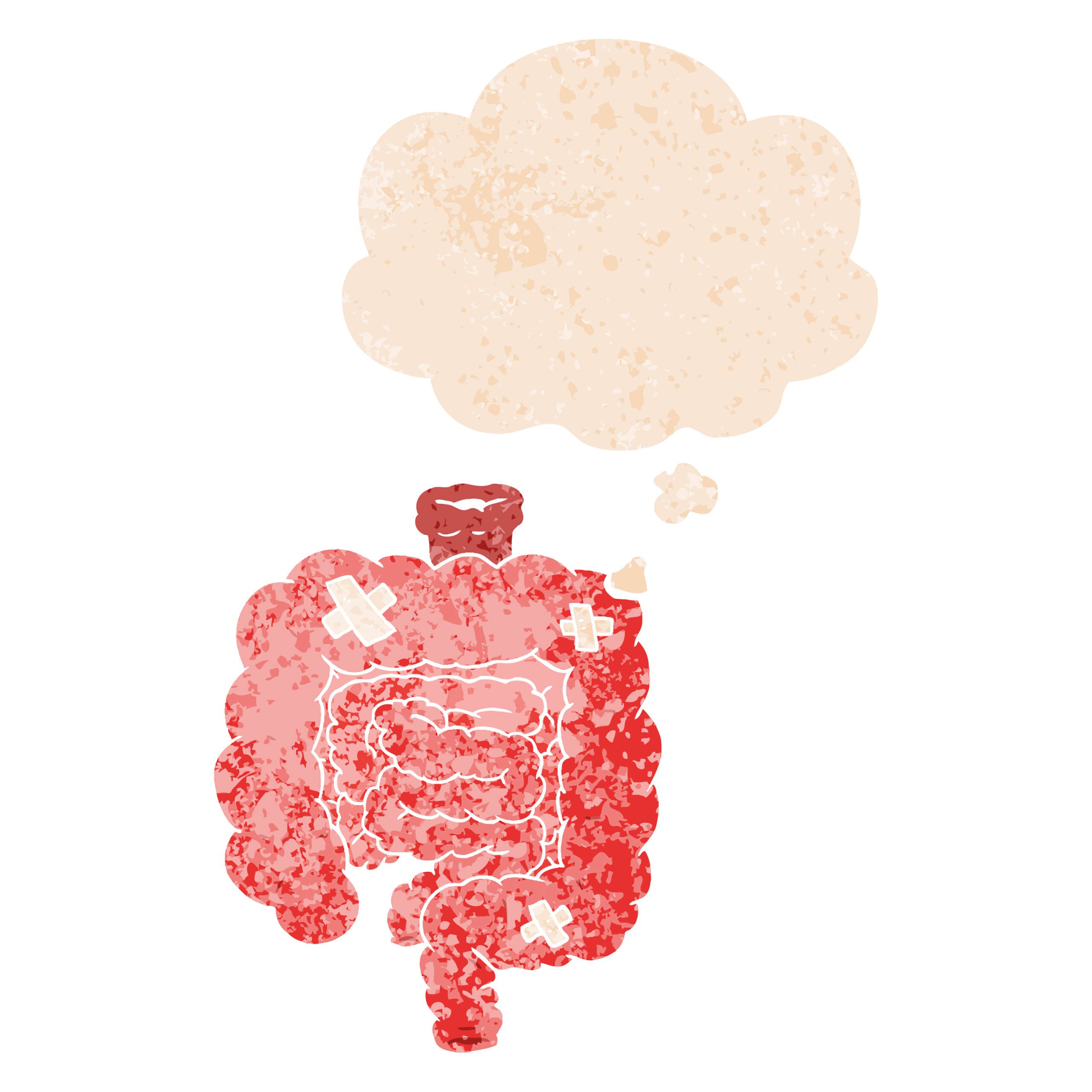
Traditional Chinese Medicine emphasizes the important relationship between physical health and digestive health. The body, and certain diseases, reflects the personal balance and health of your digestive system.
Besides digesting food, your gut plays a major role in your overall health. Recently, there’s been a lot of attention given to the gut and the immune system. The medical community now knows that 70—80 percent of your immune system is actually located in your digestive system. This is the battlefield for your immune system. The digestive system is a strong yet delicate ecosystem, finely balancing bad and good bacteria.
The good bacteria are the “probiotics” you often hear of in the media. It is this balance and abundance of probiotic flora that allows for your immune system to stay strong and alert. Your gut also contains more nerve cells and neurotransmitters than the nervous system, causing it to be referenced as the “second brain.”
This highly sensitive, tuned machine is really an important component of not just your physical health but also your emotional, hence the saying, “follow your gut.” This is just one good reason to pay attention to what your gut is trying to reveal to you about your health.
Poor digestion can mean a myriad of unpleasant symptoms, ranging from acid reflux to indigestion to irritable bowel disease. According to Traditional Chinese Medicine, digestive problems are a result of “digestive weakness,” which is a condition that can be inherent as part of our constitution, but more often acquired as part of our lifestyle and dietary habits. The weakness is seen as reduced digestive “heat.”
In Western terms, this heat can be understood as pertaining to essential enzymatic activity and proper secretion of necessary digestive juices. As such, any conditions that might “cool down” the digestive system can contribute significantly to the problem of sluggish and impaired digestion. Some of the most common causes of this type of cooling include excessive eating, late meals, rushed eating, and stress. Simply taking the time to slow down and mindfully eat your meals (as hard as it can be when you’re busy) could make a big difference in your effort to stay healthy.
But remember that the food that you eat is responsible for telling your digestive system what to do, and if it’s not receiving proper direction in the way of natural whole foods, it’s not going to function correctly. That’s why a fiber-rich, nutritious, and balanced diet can go a long way in helping you to achieve this goal.
Plenty of fresh, clean water is also vital, as your body needs ample amounts of fluid to form saliva, as well as gastric and intestinal secretions that are crucial to digestion. You want to avoid putting your water on ice, however—beverages that are too cold will further reduce the “heat” you want to restore. Warm or room temperature beverages are best, since all ice cold drinks are hard on the stomach.
Supplements are especially important for digestive health, as they are often used to support components of our digestion that not functioning optimally. Probiotics and prebiotics are two of the most important supplements you can take to help restore healthy digestion.
Probiotics provide live strains of friendly flora to balance the bad bacteria in your gut that can contribute to chronic diarrhea, gas, or constipation. Prebiotics, on the other hand, will ensure that your friendly flora are provided with the proper environment in which they can thrive.
Herbal support in the form of beneficial herbs, digestive enzymes, medicinal mushrooms, and minerals, as well as other components, can also be helpful for restoring digestive strength. These formulas help to address the root causes of weak digestion, while simultaneously addressing common symptoms that result from a stressed digestive system, including skin allergies, fatigue, bloating, and cold hands and feet.
For a more detailed description of natural strategies for eliminating chronic digestive problems, download a complimentary wellness guide by visiting www.dreliaz.org/digestive-report.


Nanoplastics are extremely small plastic particles that range in size from 1 to 1000 nanometers (nm) To put this in perspective, they are much smaller than microplastics, which are typically less than 5 millimeters in size. Nanoplastics are so tiny that they are invisible to the naked eye and even under a simple microscope These […]


What is NAD? NAD, short for nicotinamide adenine dinucleotide, is a vital molecule found in every cell of your body, playing a key role in energy production, DNA repair, and overall cellular health. Often referred to as the “powerhouse molecule,” NAD levels naturally decline with age, leading to decreased energy, slower metabolism, and accelerated aging. […]


In recent years, the quality and authenticity of olive oil have come under scrutiny, with shocking revelations about widespread fraud in the industry. A groundbreaking episode of the popular news program “60 Minutes” shed light on this issue, exposing a disturbing trend of adulteration in many well-known olive oil brands The “60 Minutes” Investigation The […]